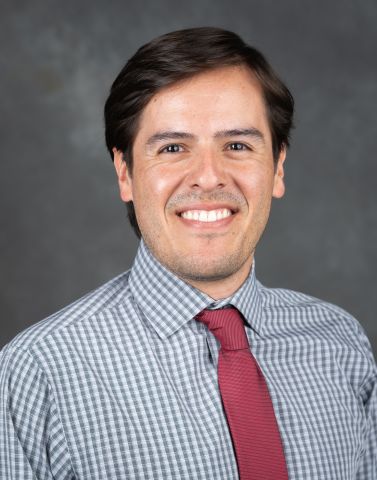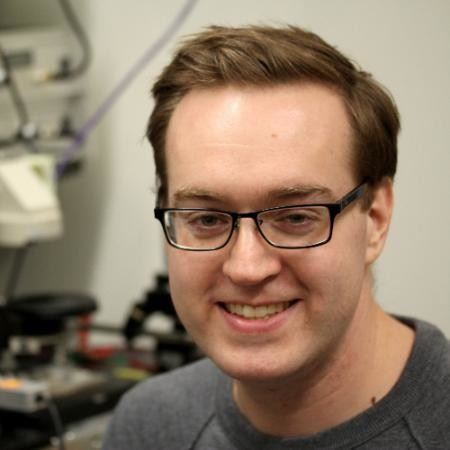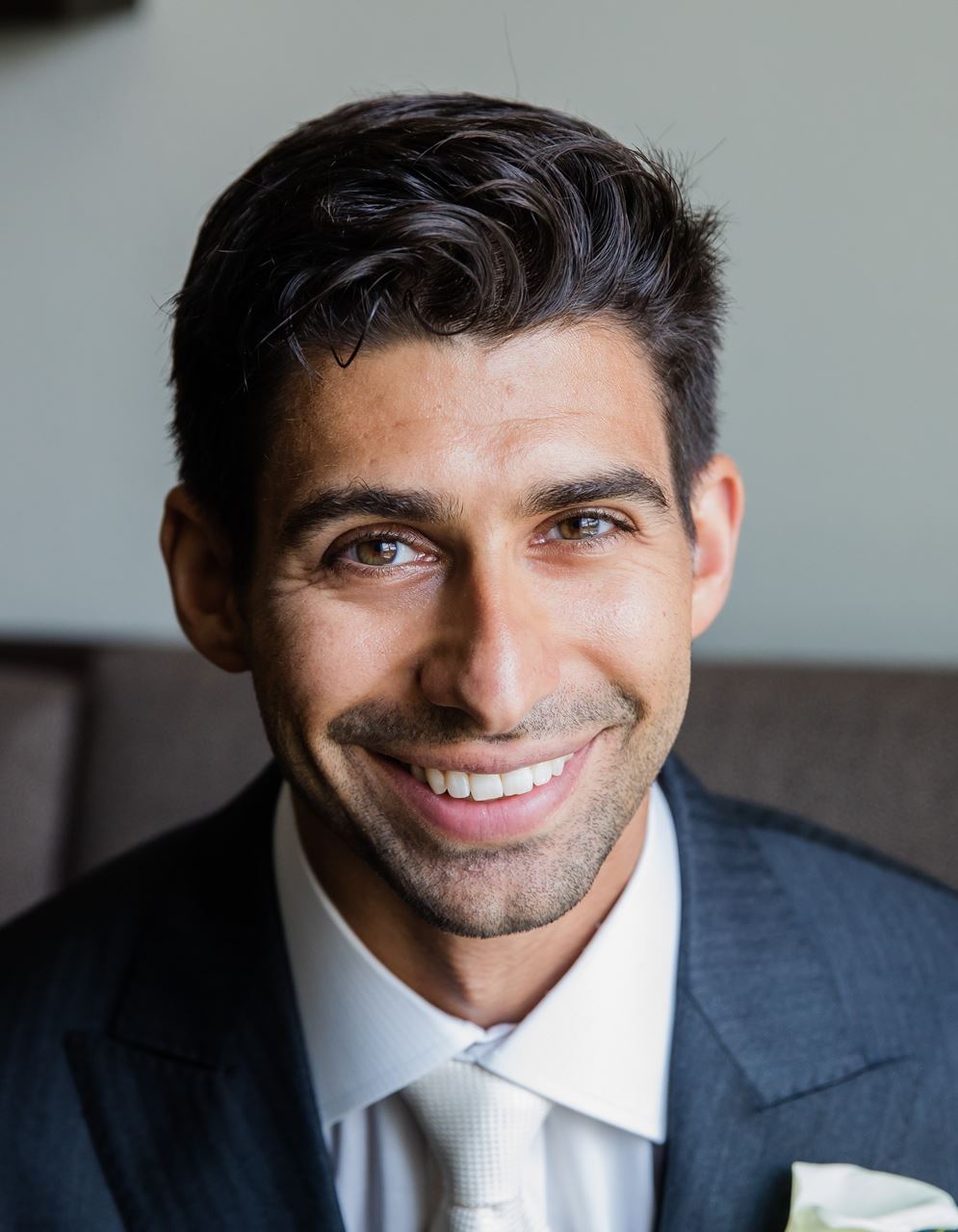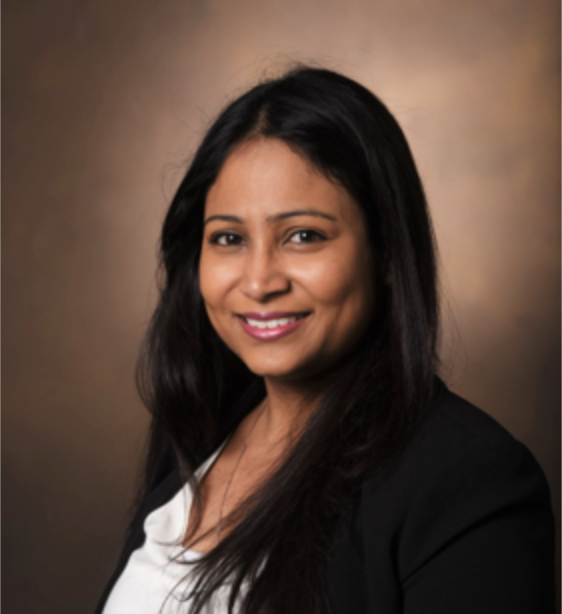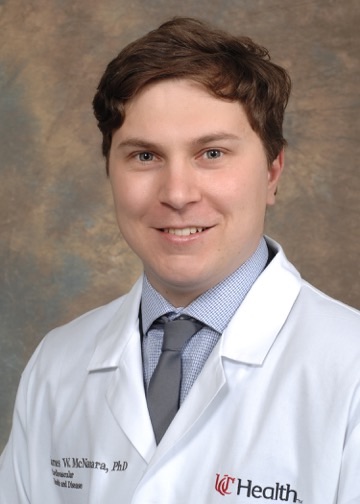CMS Early Career Committee
Mission : Promote early career advancement for individuals focusing on cardiac muscle physiology
Aims : 1. Provide coordinated training to foster the development of trainees and early career individuals in the field of cardiac muscle physiology research 2. Promote collaborations and networking with established investigators in the field of cardiac muscle physiology research 3. Facilitate the dissemination of information for scientific advancement and career opportunities Current activities : 2026 Early Career Competition at the Annual CMS Meeting -- For more information follow this link or scan the QR code.
|
Co-Chair - Shanna Hamilton, PhDAssistant Professor of Cellular and Molecular Medicine
|
|
Co-Chair - Fran Alvarado, PhDAssistant Professor Dr. Alvarado's research aims to understand the mechanisms of heart disease and to develop safe and effective treatments that improve the life of patients. His lab's primary focus is the regulation of cardiac ion channels, with an emphasis on diseases arising from their dysfunction, especially calcium-dependent arrhythmias and structural cardiomyopathies. Calcium is required for heart function through a process called excitation-contraction coupling; yet, dysregulation of calcium homeostasis is known to participate in heart disease. Dr. Alvarado's team applies state-of-the art imaging, electrophysiology and cell biology tools to understand how mutations affecting proteins involved in excitation-contraction coupling, such as ryanodine receptor 2, the major intracellular calcium channel in the heart, participate in the development of disease. Website: calciumspark.com Email: falvarad@medicine.wisc.edu |
|
Members :
Dave Barefield, PhD Assistant Professor Department of Cell and Molecular Physiology Loyola University Chicago Maywood, IL Dr. Dave Barefield is an Assistant Professor at Loyola University Chicago. Dave received his PhD at Loyola University Chicago under the mentorship of Sakthivel Sadayappan, PhD, and did his postdoctoral training at Northwestern University in the lab of Elizabeth McNally, MD, PhD. His research interests have focused on myofilament function in genetic cardiomyopathies, and particularly the effect of environmental and genetic modifiers on the progression and severity of these disorders. The Barefield Lab opened at Loyola University Chicago in May 2020 and focuses on atrial myopathies and the roll of atrial dysfunction in common forms of cardiovascular disease. Website: http://barefieldlab.org Email: dbarefield@luc.edu |
|
Matthew A. Caporizzo, PhDAssistant Professor
|
|
Swati Dey, PhDAssistant Professor Department of Clinical Pharmacology Division/Medicine Vanderbilt University Medical Center Nashville, TN Sudden cardiac death (SCD) claims more lives each year than all other causes of death combined. The underlying mechanisms remain unclear, precluding the design of new more effective therapies. Dr. Dey's ongoing research aims to understand the mechanistic role of oxidative tree and autonomic dysfunction, leading to SCD. The innovations of her research program lie in (1) Establishing a highly clinically relevant animal model of non-ischemic heart failure with spontaneous arrhythmic death; (2) sophisticated new tools for quantifying ROS dynamics in subcellular microdomains; (3) Cutting edge technology for integrative studies of single neurons and cardiac myocytes that then translate to the whole heart and animal; (4) designing new tools for minimally invasive video gene therapy to transform cardiac sympathetic nerve properties to modulate cardiac oxidative stress and function. Dr. Dey trained with Dr. Brain O'Rourke at Johns Hopkins University, where she dissected the mechanistic role of mitochondrial bioenergetics and oxidative stress in both the pathogenesis and potential therapy of SCD. She joined Vanderbilt University Medical Center as a tenure track Assistant Professor in 2019. Email: swati.dey@vumc.org |
James McNamara, PhD Research Officer Department of Physiology Murdoch Childrens Research Institute Melbourne, Australia Dr McNamara completed his PhD at The University of Sydney, mentored by Professors Cristobal dos Remedios and Roger Cooke (UCSF). He then moved to The University of Cincinnati, supported by an American Heart Association postdoctoral fellowship, to train with Professor Sakthivel Sadayappan. Currently, James is a Research Officer at The Murdoch Children’s Research Institute in Melbourne, Australia, working with Associate Professors Enzo Porrello and David Elliott. His research uses a combination of preclinical animal and human pluripotent stem models to understand the basis of genetic muscle diseases. Email: james.mcnamara@mcri.edu.au |
|
Sumita Mishra, PhD Division of Cardiology Johns Hopkins University School of Medicine Baltimore, Maryland Epidemiological studies have shown an increased association between obesity and the diagnosis of Heart Failure with Preserved Ejection Fraction (HFpEF). HFpEF accounts for about half of all heart failure cases in USA and worldwide. There is no effective evidence-based therapy against it. Dr. Mishra’s research is focused on elucidating the mechanisms and targeting the key regulators of cardiac dysfunction in HFpEF and associated cardiometabolic disorders. She is a faculty at the Division of Cardiology, Johns Hopkins University School of Medicine, working with Dr. David Kass. By using multidisciplinary approaches and developing relevant preclinical models that capture features of hemodynamic and metabolic stress seen in HFpEF patients, Dr. Mishra is testing novel ways to stimulate cGMP/PKG signaling as a potential approach for HFpEF treatment. She is also working towards deciphering novel mechanisms by which myocardial lipid overload effects cardiac mechanotransduction and the upstream mechanisms that alters mitochondrial dynamics in the development of cardiometabolic diseases. Website: https://www.kasslab.johnshopkins.edu/phosphodiesterase-inhibitors Email: smishr12@jhmi.edu | 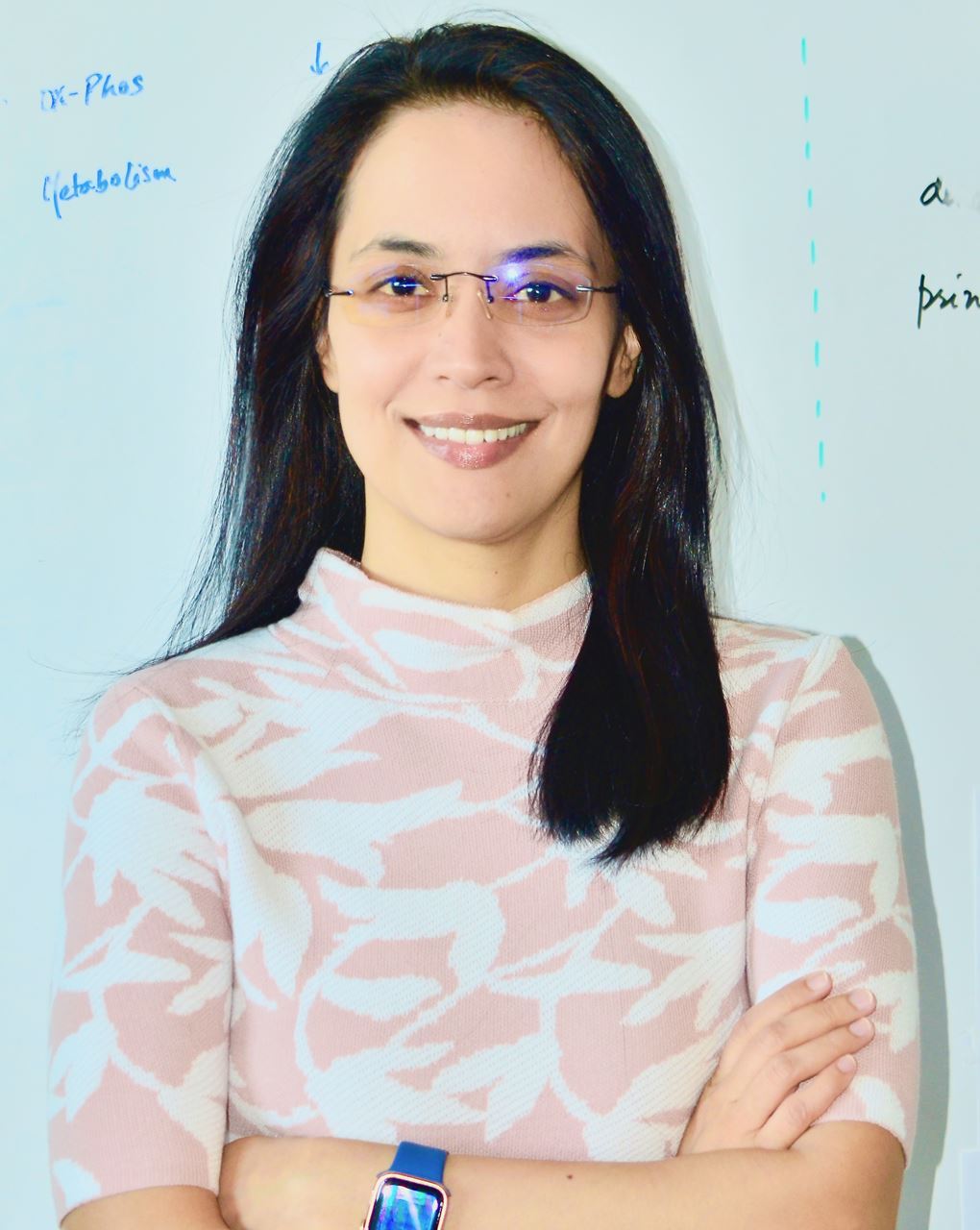 |
Christopher Y. Ko, PhDProject Scientist Department of Pharmacology UC Davis School of Medicine Davis, CA Dr. Christopher Ko is a Project Scientist working with Dr. Donald M. Bers at UC Davis. He investigates molecular and spatiotemporal mechanisms of CaMKII regulation and function in cardiac myocytes and how they underlie cardiac physiology and disease. Dr. Ko also has a keen interest in understanding mechanisms of Ca cycling and excitation-contraction coupling, particularly as they apply to RyR-mediated Ca leak and its consequences on heart failure and arrhythmias. Dr. Ko’s multidisciplinary studies implements a wide array of specialized techniques, which include live-cell Ca fluorescence and fluorescence lifetime/FRET-based molecular imaging, patch clamp electrophysiology, molecular biology, and mathematical modeling. Dr. Ko received his PhD studying the nonlinear dynamics of arrhythmia biology under the mentorship of Dr. James N. Weiss, MD and received his BS degree in Biomedical Engineering at The Johns Hopkins University. Email: crsko@ucdavis.edu |
|
Christopher Solís, PhD Postdoctoral Research Associate |
Early Career Committee Alumni Maegen Ackermann Borzok, PhD (Mansfield University of Pennsylvania) Charles S Chung, PhD (Wayne State University) Jennifer Davis, PhD (University of Washington) Deeptankar DeMazumder, MD, PhD (University of Cincinnati) Jonathan Kirk, PhD (Loyola University Chicago) Benjamin Prosser, PhD (University of Pennsylvania) Michelle Parvatiyar (Florida State University) Brett Colson (University of Arizona) Mary Papadaki (Loyola University Chicago) Christopher Toepfer (Oxford University) Shubha Gururaja Rao (Ohio Northern University) |

.png)

